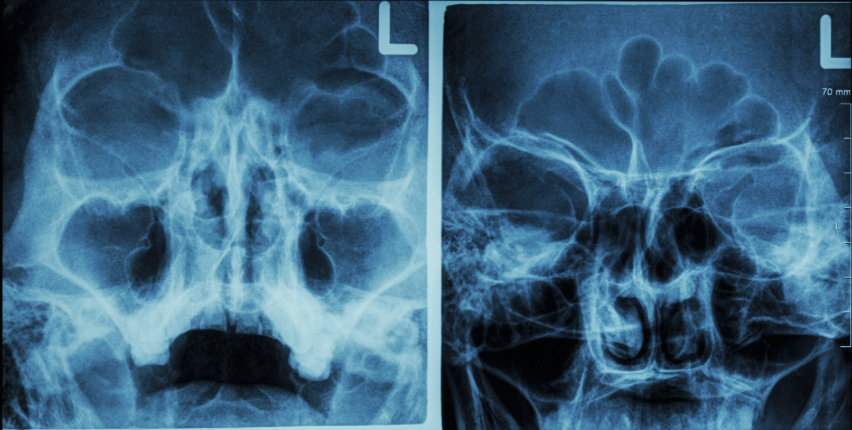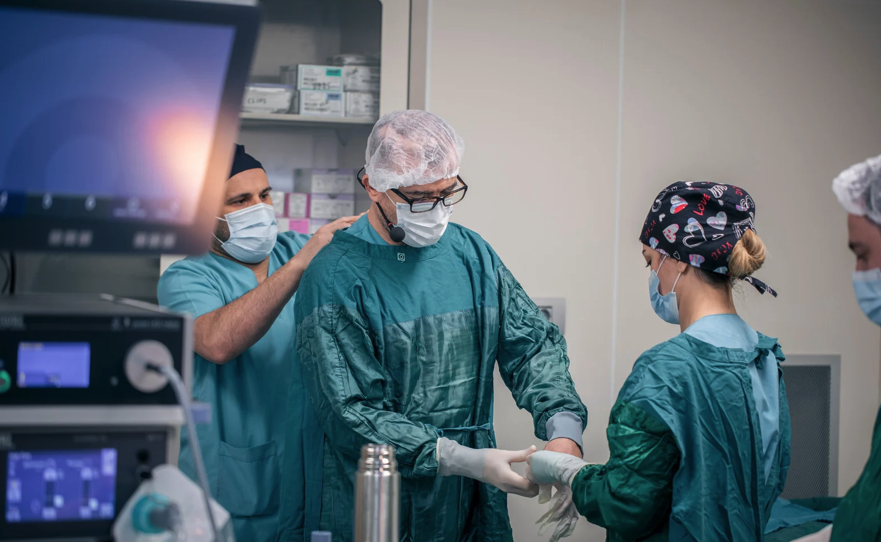Preparing for Nasal Surgery: A Step-by-Step Guide

Nasal surgery—whether for a deviated septum, nasal polyps, chronic sinus problems, or cosmetic reasons—can be life-changing. It can improve your breathing, reduce snoring, and enhance your overall quality of life. But like any surgery, preparation is key to a smooth recovery and the best possible outcome.
If you have an upcoming nasal procedure, here’s your complete guide on how to prepare for nasal surgery and what to expect before the big day.
1. Understand Your Surgery and Ask Questions
Before you even start preparing, make sure you fully understand the reason for your surgery and the expected results. During your pre-operative consultation, don’t hesitate to ask your ENT surgeon:
- What exactly will be done during the surgery?
- What are the benefits and possible risks?
- How long will recovery take?
- When can you return to work or normal activities?
Having a clear picture will help reduce anxiety and allow you to prepare both mentally and physically.
2. Medical Preparations Before Nasal Surgery
Your surgeon will usually give you specific pre-operative instructions. Common preparations include:
- Stop certain medications: Blood thinners (such as aspirin, warfarin, or certain supplements like ginkgo and fish oil) may need to be stopped about 7–10 days before surgery to reduce bleeding risk. Always check with your doctor before stopping any medication.
- Control chronic conditions: If you have high blood pressure, diabetes, or asthma, ensure they are well-managed before surgery.
- Inform your doctor about illnesses: Even a common cold or sinus infection before surgery might require postponement.
3. Lifestyle Changes for a Better Outcome
Small changes can make a big difference to your healing:
- Quit smoking: Smoking slows wound healing and increases the risk of complications. Ideally, stop at least 2 weeks before and after surgery.
- Limit alcohol: Alcohol can increase bleeding risk and interfere with anaesthesia. Avoid it for at least 48 hours before surgery.
- Eat a balanced diet: Good nutrition supports faster healing and boosts immunity.
4. Home and Personal Preparations

Set yourself up for a smoother recovery by getting your home ready before surgery:
- Arrange transportation: You won’t be able to drive home after the procedure.
- Prepare a comfortable rest area: Extra pillows to keep your head elevated, tissues, and easy-to-reach water.
- Stock up on soft foods: Soups, smoothies, and easy-to-chew meals will be easier in the first few days.
5. What to Expect on the Day of Nasal Surgery

- You’ll likely need to fast (no food or drink) for 6–8 hours before your surgery.
- You’ll change into a hospital gown and meet the anaesthetist.
- The surgery may take 30 minutes to a few hours, depending on complexity.
- You’ll wake up in the recovery room, possibly with a splint, nasal dressing, or internal packing.
6. Be Mentally Prepared for the Recovery Period
Recovery from nasal surgery is usually straightforward, but it’s normal to experience:
- Nasal congestion or stuffiness
- Mild bleeding or pink-tinged mucus
- Swelling around the eyes and nose
- Temporary changes in your sense of smell
Following your surgeon’s aftercare instructions at the nose clinic, such as nasal saline rinses, avoiding strenuous activity, and attending follow-up visits—will help ensure the best results.
Final Thoughts
Preparing for nasal surgery isn’t just about showing up on the day—it’s about taking steps beforehand to ensure a smoother, safer, and more comfortable recovery. By understanding the process, making the right lifestyle adjustments, and setting up your home in advance, you’ll be setting yourself up for a successful outcome.
If you’re considering nasal surgery or have one scheduled, speak to your ENT doctor about your personalised preparation plan, or book a consultation with The ENT Doctor to get tailored guidance and support before your procedure.
Discover more from The ENT Doctor
Subscribe to get the latest posts sent to your email.


Comments are closed